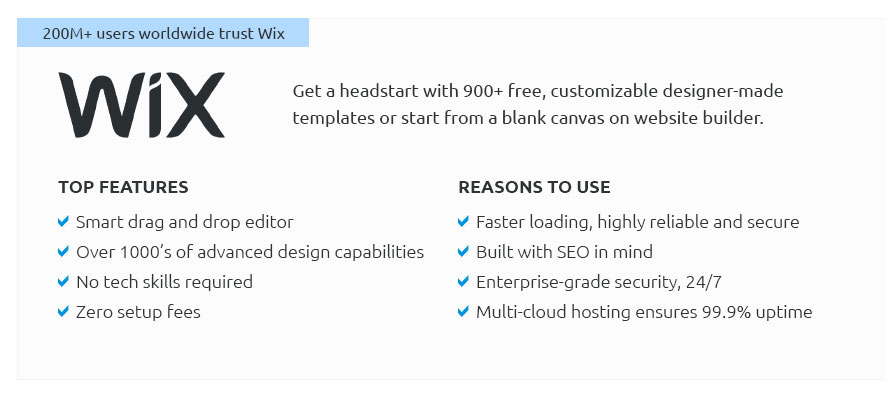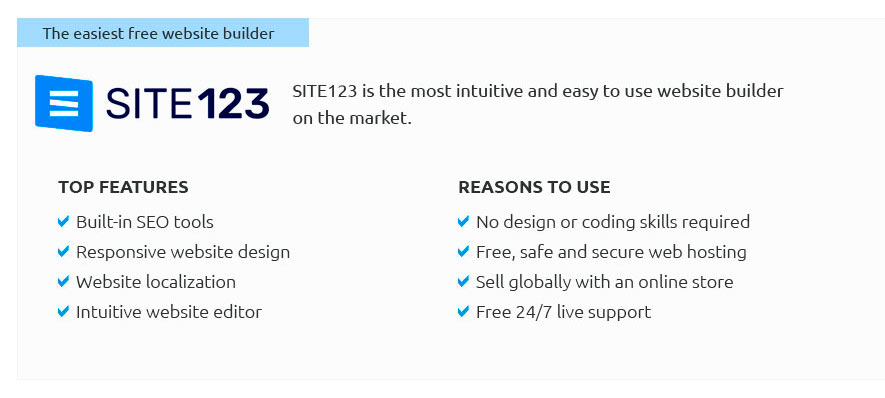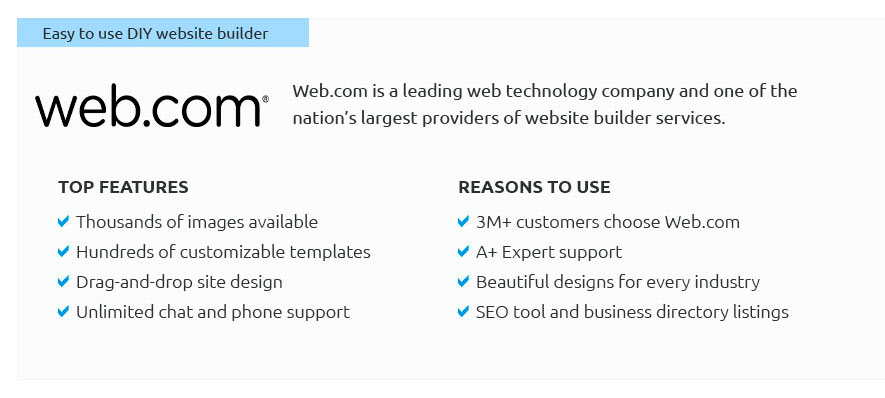 |
 |
 |
 |
|
 |
 |
 |
|
 |
|
 |
 |
|
 |
|
 |
|
 |
 |
Best Way to Create a Website for a Small Business: Essential Tips and StrategiesCreating a website for a small business is a crucial step in establishing an online presence. It involves several considerations to ensure that the site is effective, attractive, and functional. This guide explores the best approaches to achieve this. Understanding Your Business NeedsBefore starting the website creation process, it's essential to understand your business needs. This will guide the design and functionality of your site. Identify Your GoalsWhat do you want to achieve with your website? Is it to sell products, showcase services, or provide information? Clearly defining these goals will shape your website's structure and content. Know Your AudienceUnderstanding your target audience helps tailor the website's design and content to meet their needs and expectations. Choosing the Right PlatformSelecting the right platform is crucial for ease of use and functionality. Content Management Systems (CMS)CMS platforms like WordPress offer flexibility and ease of use, making them ideal for small businesses. They provide templates and plugins that simplify the design and functionality.
For those seeking a more budget-friendly option, consider creating a free website using available online tools. Designing Your WebsiteGood design is critical to attracting and retaining visitors. Responsive DesignEnsure your website is mobile-friendly. A responsive design adjusts to different screen sizes, providing a seamless experience across devices. User Experience (UX)Focus on intuitive navigation and fast loading times to enhance user experience. Easy-to-find contact information and clear calls-to-action are essential. Securing a Domain NameYour domain name is your website's address. It should be easy to remember and reflective of your brand.
For a step-by-step guide on how to get a URL, numerous resources are available online to assist you. Optimizing for Search EnginesSearch engine optimization (SEO) helps your website rank higher in search results, driving more traffic. Keyword ResearchIdentify relevant keywords that potential customers might use to find your business. Integrate these naturally into your content. On-Page SEOEnsure your site is optimized with proper meta tags, alt text for images, and a clean URL structure. FAQs
https://www.constantcontact.com/blog/how-to-create-a-small-business-website/
1. Decide which website builder is best for your small business website - 2. Buy a domain name - 3. Design a logo - 4. Create your website content. https://www.youtube.com/watch?v=20Bp0ucsiGQ
Are you a small business looking to build a website to expand your business in 2022? In this video, we will be building a one page website ... https://www.hostinger.com/tutorials/how-to-make-a-small-business-website
Choose a reliable hosting plan alongside a free domain name; Select a website building platform according to your budget and needs; Customize your website ...
|